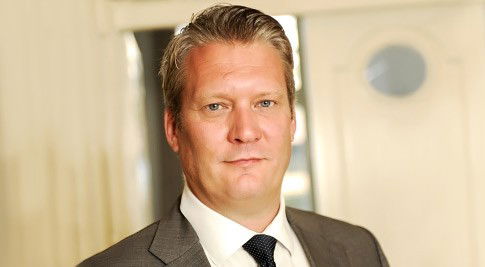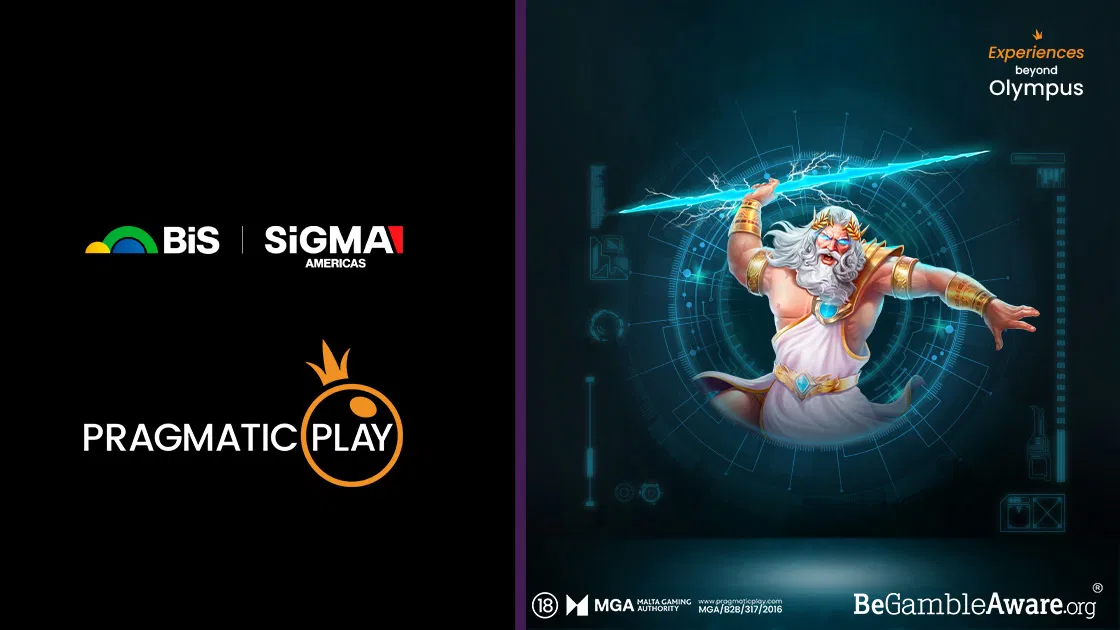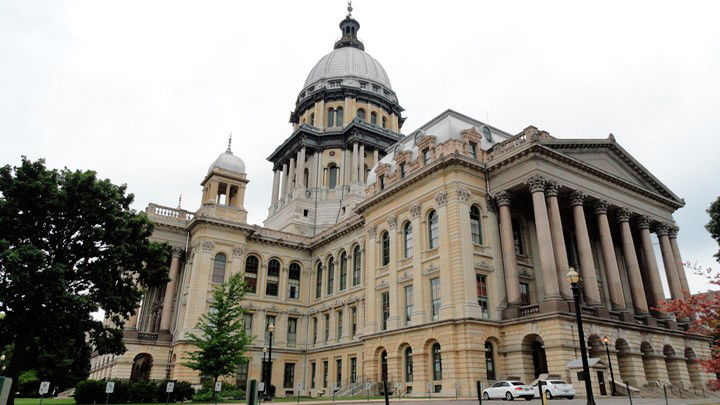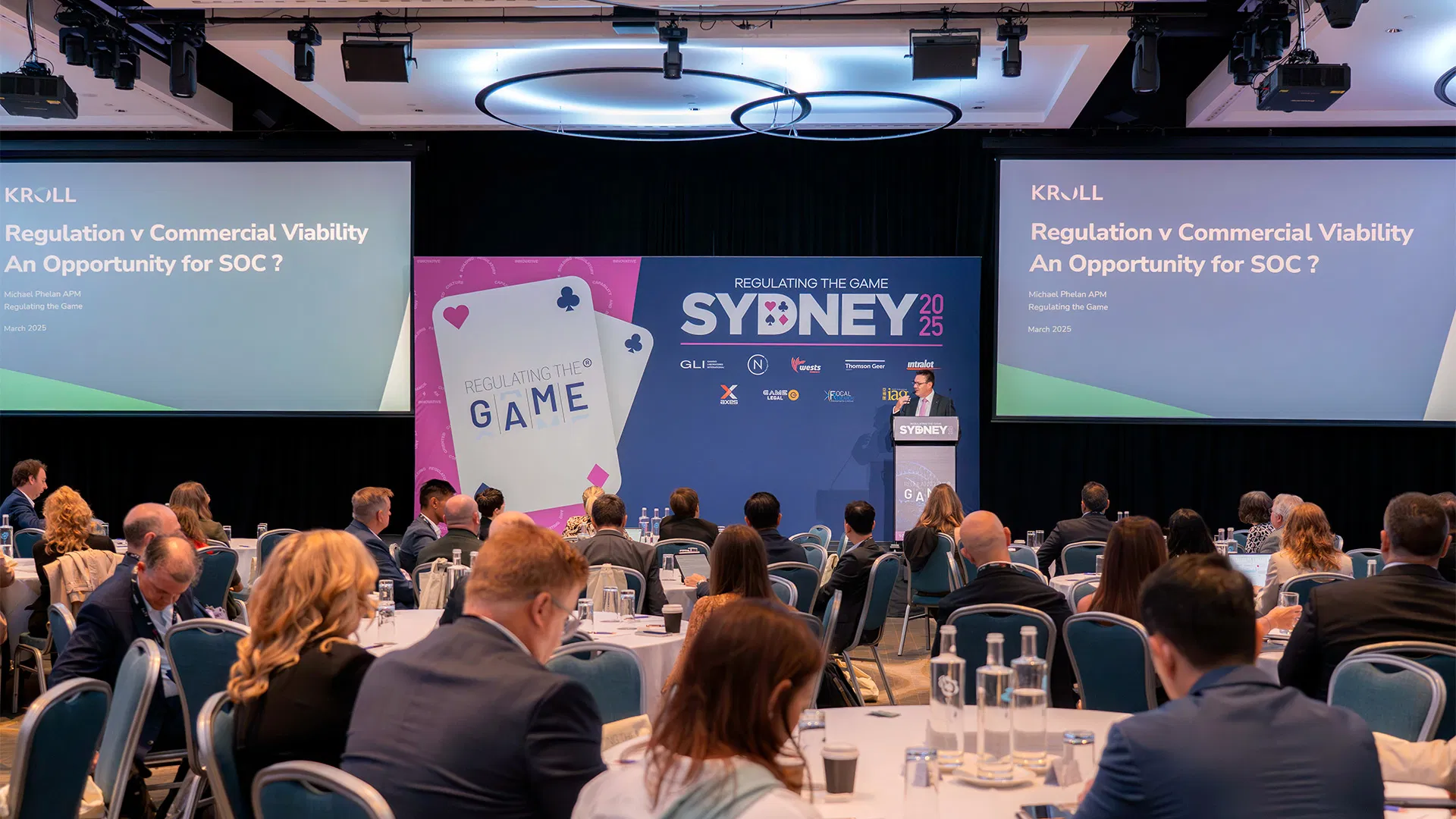State Secretary answers second round of questions regarding Dutch remote gaming bill

The answers provided by Dijkhoff to the House of Representatives show that the State Secretary has so far proved unwilling to change any major points of the existing bill.
For instance, Dijkhoff emphatically rejected (§3.2.2) the proposal by the Goede Doelen Platform (GDP), an association of current beneficiaries of Dutch charity lotteries, to issue a limited number of remote gaming licenses, while also giving priority to existing land-based operators.
Similarly, Dijkhoff persisted in urging (§7) for differentiated tax rates for online (20%) and land-based (29%) operators, in order to ensure that a sufficient number of online players will be channeled towards licensed operators (while simultaneously maintaining already budgeted tax revenues).
Also of note in this regard is Dijkhoff's adherence (§2.1) to H2's market size estimates and his implicit rejection of the results of a recent survey commissioned by Holland Casino.
Dijkhoff further noted (§3.2.1) that the impact of the remote gaming bill on the Dutch lottery market is expected to be extremely limited. The State Secretary thus appears to follow the findings of Simon Holliday (H2 Gambling Capital) and Morten Rønde (DOGA) as presented at last June's Gaming in Holland Conference (video here; starting at c. 14:30), who both demonstrated that charity lottery advocate Alexander Rinnooy Kan's alarmist assertions to the contrary were based on clearly misleading figures.
REACTIONS
Rutger-Jan Hebben, representing online operators interested in entering a regulated Dutch market, said the State Secretary's answers, in light of current market conditions, were “realistic” and called upon the House of Representatives to speedily set a date for a plenary debate on the bill.
Frits Huffnagel, Chairman of VAN, the association of land-based slot machine operators, however, said that his organization was “extremely disappointed,” adding that the State Secretary's answers were evidently based on “old data and outdated studies.”
Noted gaming lawyer Justin Franssen of Kalff Katz & Franssen called the State's Secretary's response “well-balanced,” remarking there were no major departures from his earlier positions. Franssen added:
“The Ministry invested an unprecedented amount of time and energy in designing regulation based on best practices and lessons learned from other EU member states. It is now time for Parliament to take responsibility and to table the bill for a plenary debate and vote in Q1 of 2016.”


















































